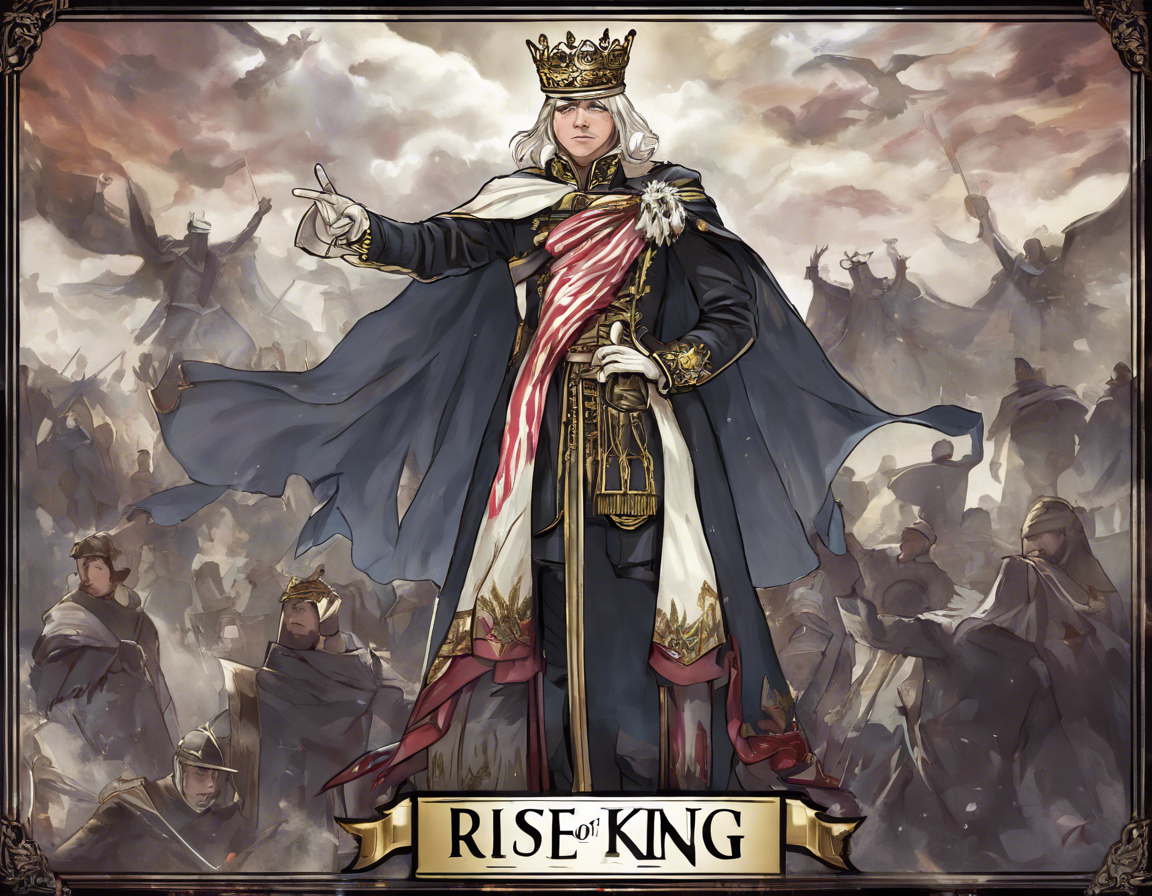The Rise of King of Prussia: How Frederick the Great Transformed a Nation
In the landscape of European history, one name stands out as synonymous with military prowess, political cunning, and cultural refinement: Frederick the Great, the King of Prussia. Emerging from a small, fragmented state in the heart of Europe, Frederick transformed Prussia into a great power that would shape the course of history. His reign, spanning from 1740 to 1786, marked a period of innovation, reform, and conquest that established Prussia as a force to be reckoned with on the European stage.
The Early Years: A Harsh Education
Born in 1712, Frederick II inherited the Prussian throne at the age of 28, upon the death of his father, Frederick William I. Nicknamed the “Soldier King,” Frederick William I had laid the groundwork for Prussia’s military might with his emphasis on discipline, drill, and efficiency. Growing up in this martial environment, Frederick II received a rigorous education in military tactics, statecraft, and the arts of war.
The War of Austrian Succession: A Trial by Fire
Frederick’s early years as king were tumultuous, marked by the outbreak of the War of Austrian Succession in 1740. Seizing the opportunity presented by the uncertainty surrounding the Austrian Habsburg monarchy, Frederick launched a daring invasion of Silesia, a rich province that he coveted for its economic resources and strategic value. Despite being vastly outnumbered, Frederick’s armies achieved a series of stunning victories that demonstrated his strategic acumen and military skill.
The Seven Years’ War: Prussia’s Hour of Trial
The crowning achievement of Frederick’s reign, the Seven Years’ War (1756-1763) tested Prussia to its limits. Facing a coalition of great powers, including Austria, Russia, France, and Sweden, Frederick fought a desperate struggle to defend his realm and preserve Prussian independence. Through a combination of brilliant generalship, tactical innovation, and diplomatic maneuvering, Frederick managed to defy the odds and secure Prussia’s survival against overwhelming odds.
The Legacy of Frederick the Great
Frederick’s reign left an indelible mark on Prussian history and European civilization as a whole. His reforms modernized Prussia’s government, economy, and society, laying the foundations for the state’s transformation into a modern nation-state. His patronage of the arts and sciences fostered a flourishing cultural renaissance, attracting thinkers, artists, and philosophers from across Europe to his court in Potsdam.
Frequently Asked Questions
1. Was Frederick the Great actually a military genius?
Yes, Frederick the Great is widely regarded as one of the greatest military commanders in history. His victories against larger, better-equipped enemies earned him a reputation for strategic brilliance and tactical daring.
2. What were some of Frederick’s key reforms?
Frederick implemented a series of reforms aimed at improving Prussia’s military, bureaucracy, and economy. These included the establishment of a centralized government, the promotion of religious tolerance, and the encouragement of agricultural and industrial development.
3. How did Frederick contribute to the Enlightenment?
Frederick’s court in Potsdam became a center of intellectual and cultural exchange during the Enlightenment. He corresponded with leading thinkers such as Voltaire and promoted the spread of rational ideas and scientific knowledge throughout his realm.
4. What impact did Frederick’s reign have on Prussian society?
Frederick’s reign saw the emergence of a more meritocratic society in Prussia, with talented individuals from diverse backgrounds rising to positions of influence and authority. His reforms laid the groundwork for the modernization of Prussian society and the eventual unification of Germany.
5. How did Frederick’s military reforms influence future generations of military leaders?
Frederick’s emphasis on discipline, training, and innovation set a standard for military excellence that inspired future generations of military leaders, including Napoleon Bonaparte. His strategic principles and tactical innovations continue to be studied and admired by military historians to this day.
In conclusion, Frederick the Great’s reign as King of Prussia represents a high point in European history, marking the transition of a small, fragmented state into a great power that would shape the course of events for centuries to come. His legacy as a military genius, enlightened monarch, and cultural patron endures as a testament to the transformative power of leadership and vision.
